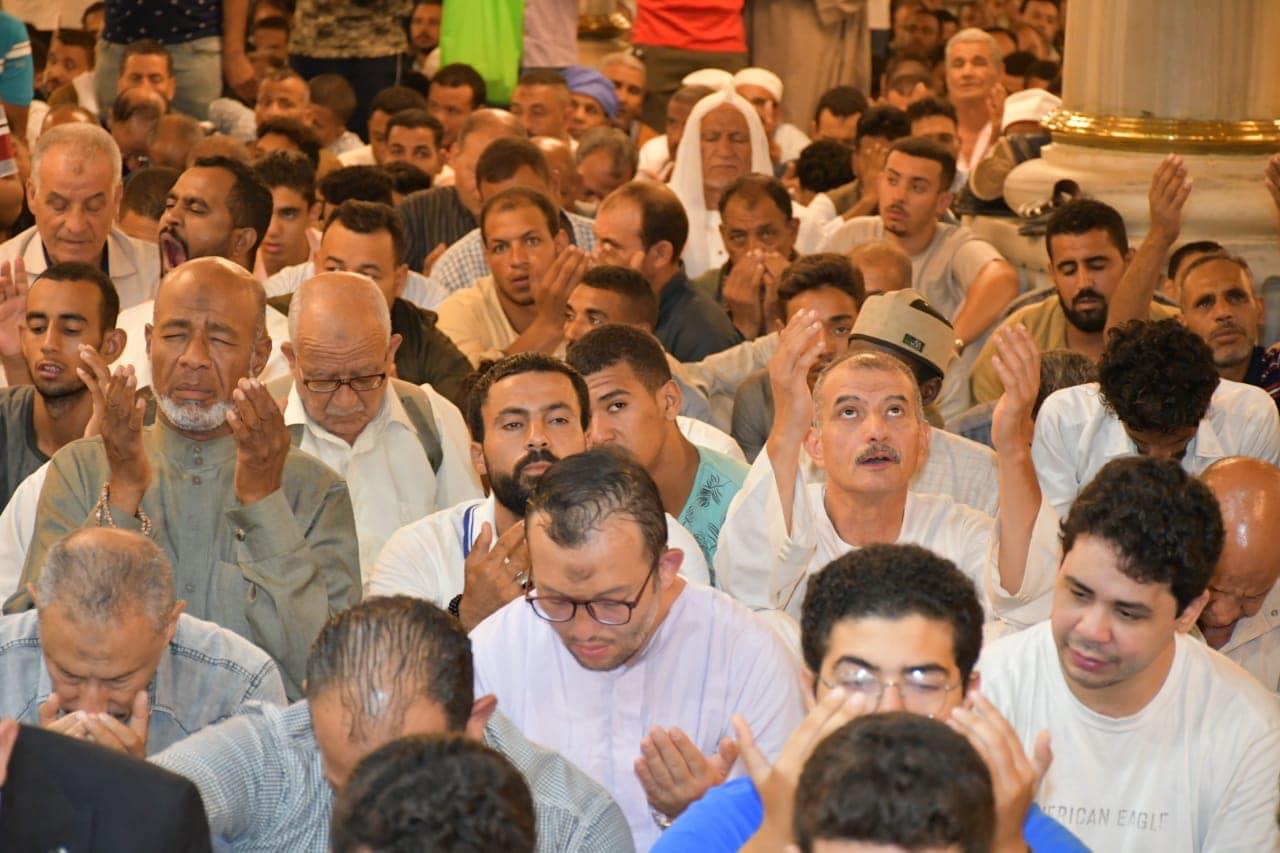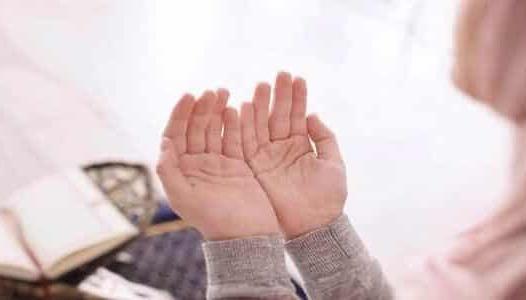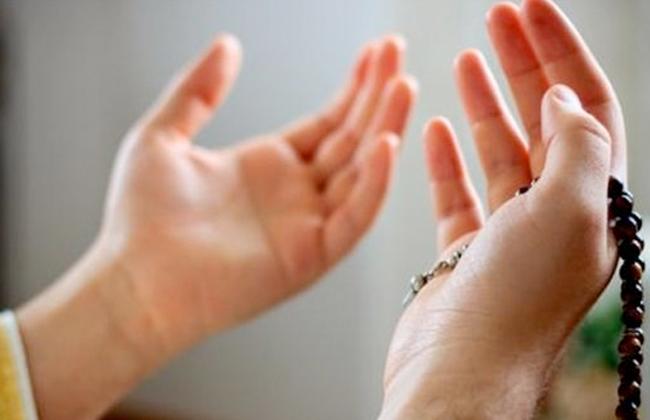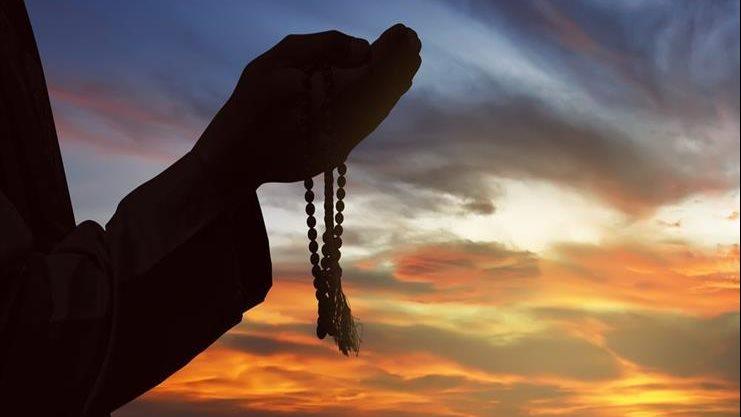Dar al-Ifta Clarifies Ruling on Wiping the Face with Hands After Supplication in Prayer
Egypt’s Dar al-Ifta stated that wiping the face with hands after supplication is recommended outside prayer, and some Shafi‘i and Hanbali scholars permit it during prayer after qunut.

Egypt’s Dar al-Ifta received a question regarding the ruling on wiping the face with hands after supplication in prayer.
The authority explained that wiping the face with hands after supplication is recommended according to the consensus of scholars when done outside prayer, citing opinions from Hanafi, Maliki, Shafi‘i, and Hanbali jurists. Imam Al-Haskafi stated in Al-Durr al-Mukhtar: “Wiping the face afterwards is a recommended practice,” and Imam Al-Nawawi noted it as part of the etiquette of supplication. Imam Al-Mardawi from the Hanbali school affirmed: “It is preferred to wipe one’s face after supplication outside prayer.”
During prayer, some Shafi‘i scholars like Al-Qadi Abu Al-Tayyib, Al-Juwayni, Ibn Al-Subagh, and Hanbalis in the accepted narration permit wiping the face after finishing qunut. Al-Nawawi further commented: “Wiping the face is recommended if the hands are raised after supplication.”
The Dar al-Ifta cited the hadith of Umar رضي الله عنه: “The Prophet ﷺ, when he raised his hands in supplication, did not lower them until he wiped his face with them”, confirmed as authentic by Al-Tirmidhi and Al-Hakim, emphasizing that this act symbolizes humility and heartfelt connection in prayer.
تعرف على الأذكار المستحبة بعد صلاة العشاء وأثرها في صفاء النفس ونيل الأجر العظيم.
الشيخ عويضة عثمان يوضح أن شعور الإنسان بأن الله لن يغفر له هو وسوسة شيطانية هدفها إضعاف الإيمان واليأس من رحمة الله بعد التوبة.
مجموعة من أذكار المساء النبوية الكاملة التي تحفظ النفس وتمنح القلب سكينة وطمأنينة، كما وردت عن النبي صلى الله عليه وسلم لتكون حصنًا للمؤمن طوال الليل.
أكدت دار الإفتاء المصرية أن الرشوة من الكبائر، وأن المرتشي يحرم نفسه من نعمة استجابة الدعاء، موضحة الفرق بين الرشوة والإكرامية وحكم دفع المال لإنهاء المصالح.




